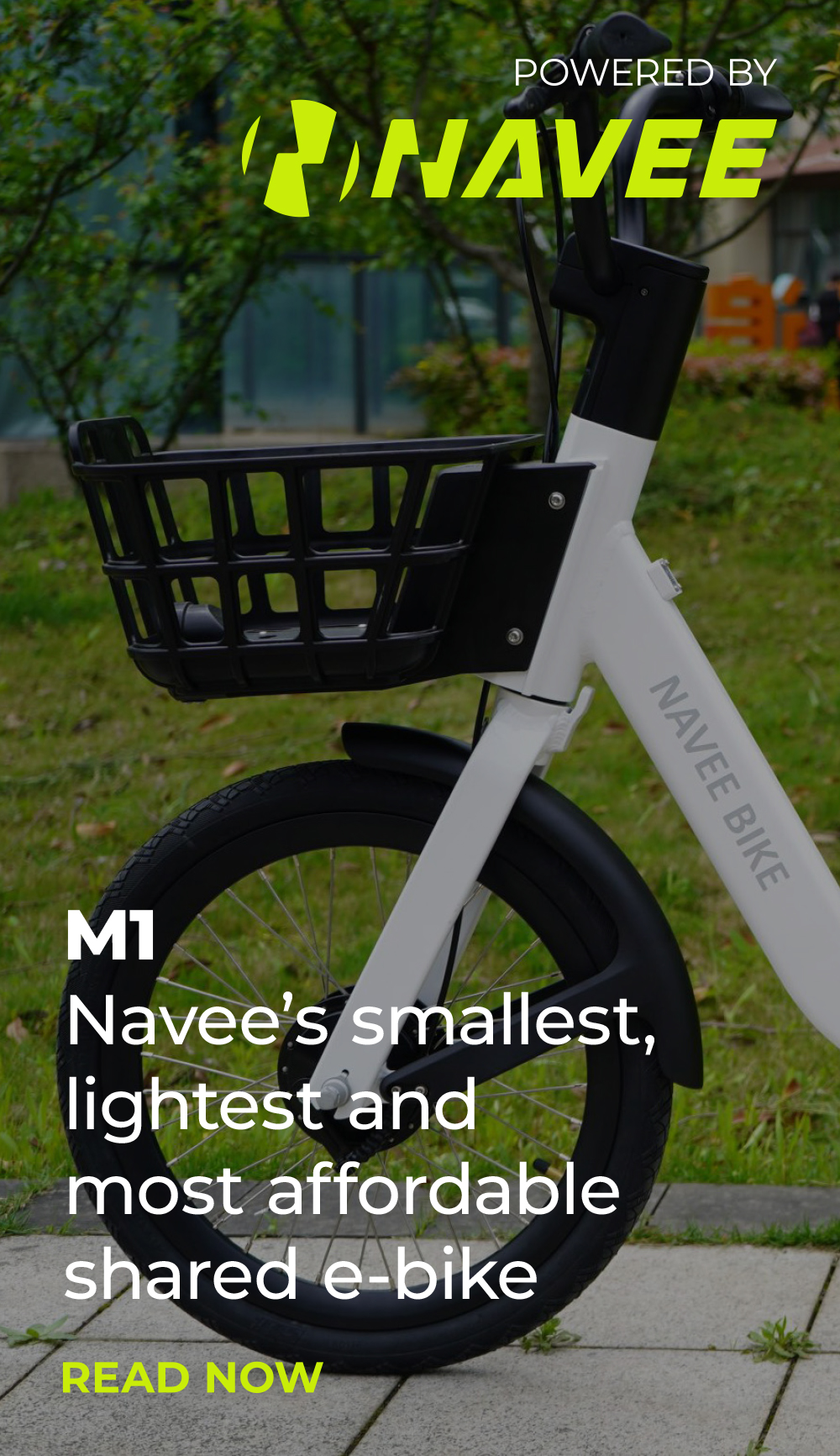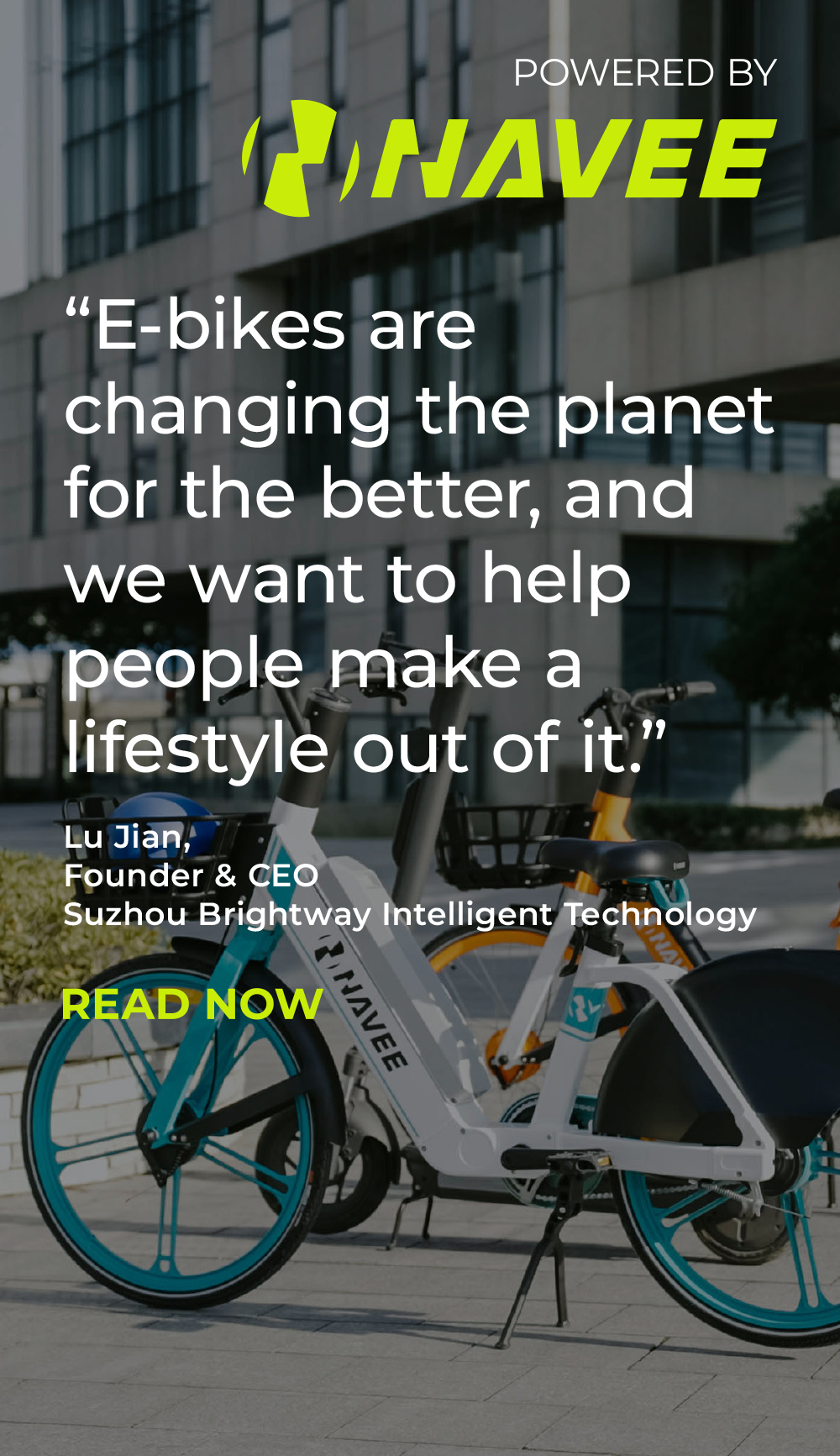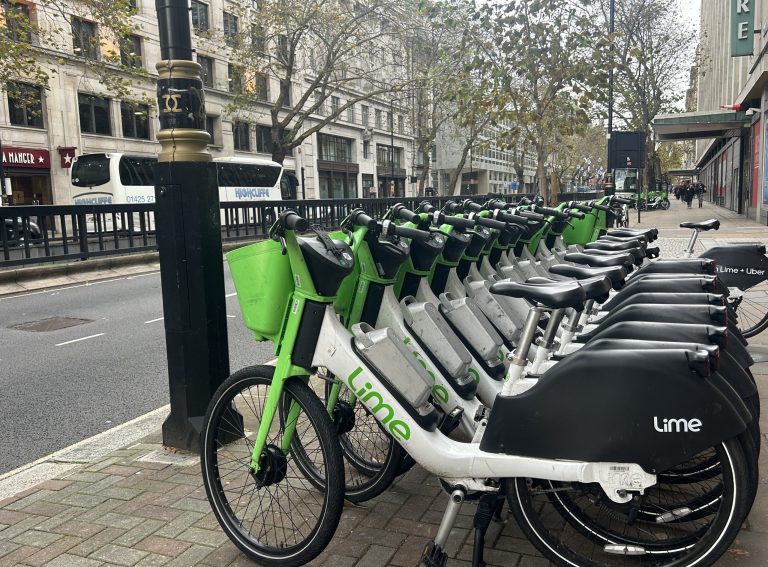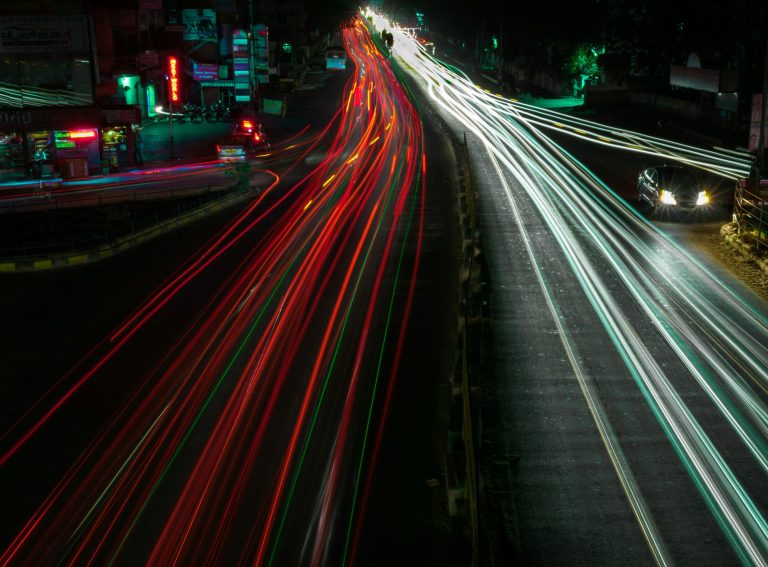New data from London City Hall reveals that 424 tonnes of nitrogen oxides (NOx) were saved in outer London during the first six months of the ULEZ expansion.
This is equivalent to removing 200,000 cars from the road for one year.
According to the Greater London Authority’s Six Month Report, NOx emissions from cars and vans in outer London are estimated to be 13% and 7% lower compared with if ULEZ had not expanded.
“The toxic air emergency is a public health crisis and action needs to be taken,” Hirra Khan Adeogun, Co-Director of climate charity Possible, told Zag Daily.
“Thankfully, the introduction of a sensible policy like ULEZ has been effective in cutting toxic air, which tends to disproportionately impact marginalised communities, children, and older people across London.
“Contrary to what anti-ULEZ activists were saying last year, these findings show that the overall impact of ULEZ has been hugely positive. We need to step away from the culture war and get on with cleaning up our air by focusing on the facts: these policies work.”
The report also finds that PM2.5 exhaust emissions from cars in outer London are estimated to be 22% lower than without the ULEZ expansion.
In the first six months of the expansion, roadside nitrogen dioxide (NO2) concentrations in outer London are estimated to be 4.4% lower than what they would have been without the ULEZ expansion.
For all of the ULEZ policies combined, NO2 concentrations are estimated to be 21% lower in outer London compared with what they would have been without ULEZ and the expansion. For central London, NO2 concentrations are estimated to be 53% lower and 24% lower in inner London.
“The most revealing finding in the report is that without bold policies like the ULEZ, it would have taken nearly two centuries for London to meet legal air pollution limits,” Hirra said.
In London, approximately 4,000 premature deaths are attributed to toxic air each year. Poor air quality is also linked to increased risks of asthma and cancer, with emerging evidence linking air pollution to dementia.
“Now that we know this works, we need to go further and faster to clean up our air and tackle the traffic in our cities, by providing real alternatives to driving and helping people switch to public transport and active travel when they can.
“London is not on track to meet the Mayor’s traffic reduction targets so we need to see rapid delivery at a city and borough level.”






